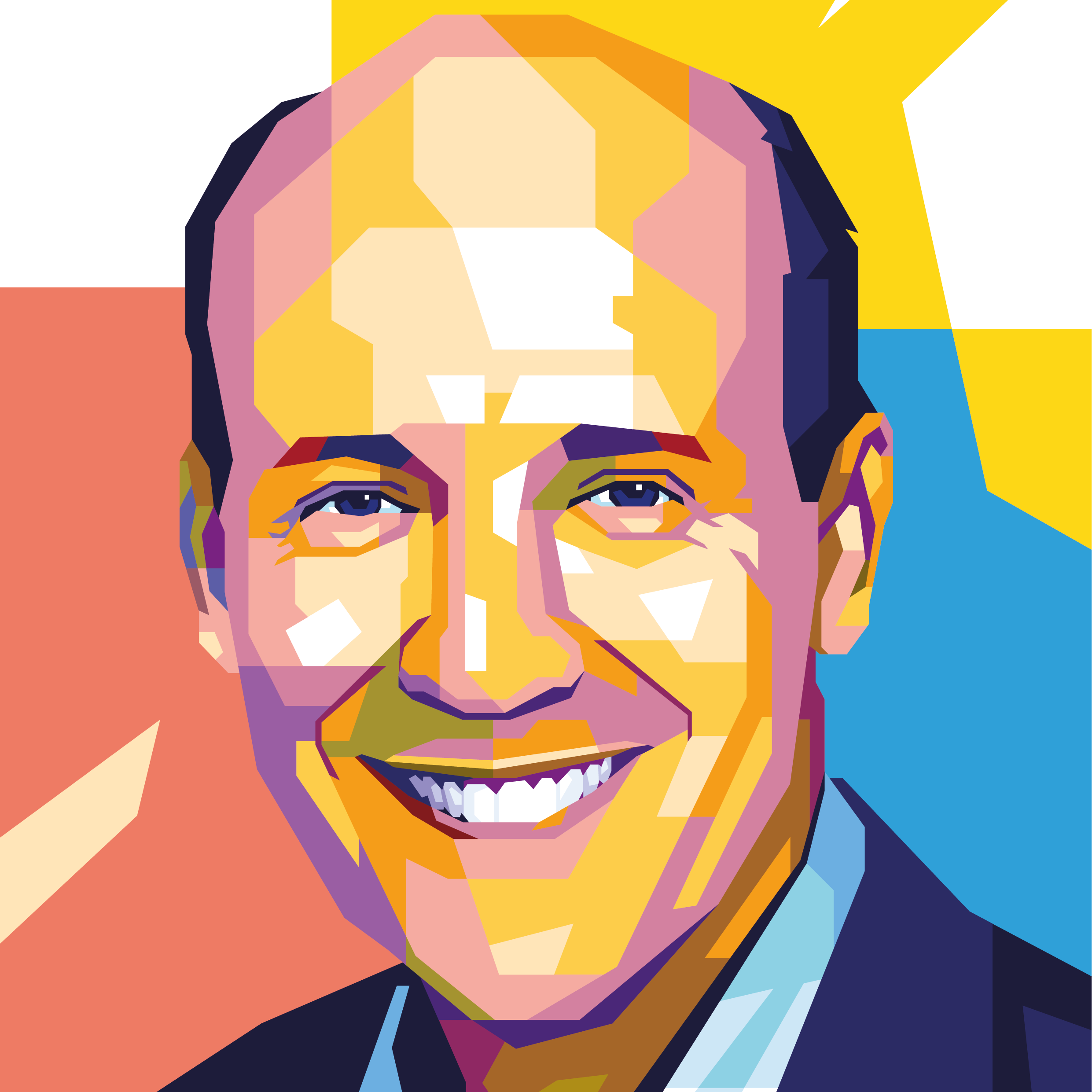Thanks to a groundbreaking Supreme Court ruling on how athletes can be compensated, a potentially lucrative new market has opened up for financial advisors.
In June 2021, the Court unanimously decided that the limits the National Collegiate Athletic Association placed on compensation for college athletes violated U.S. antitrust laws. The following month, the NCAA enacted an interim policy allowing college athletes to earn money from their name, image and likeness (NIL), provided deals complied with state laws.
Since then, NIL deals for endorsements, sponsorships and licensing have already generated more than an estimated $1 billion in revenue for college athletes, although the amount for individuals varies widely.
NIL is “reshaping college football and other major sports,” The New York Times reported in its recent investigation of the phenomenon. A football player at Michigan State University currently earns $750,000 from NIL earnings, and the average starter at a major college football program earns over $100,000 a year, according to The Times.
This year, nearly 50,000 freshmen began playing sports in Division I or Division II collegiate programs, and it’s estimated that 20% to 25% will sign NIL contracts or already have.
This new landscape “has ushered in a new era of opportunity for financial advisors,” according to Michael Rose, managing partner of Rose Capital Advisors. At the same time, the embryonic NIL market “is still like the Wild West,” says Peter Lee, founding partner at Summit Trail Advisors, “and evolving rapidly.”
That evolution includes ongoing changes to NCAA policy. After issuing interim guidance in 2021 and clarifying its stance in October 2022, the NCAA introduced new NIL bylaws effective August 1, 2024. These allow colleges to assist athletes by identifying NIL opportunities and facilitating deals, moving beyond the prior hands-off approach.
In June 2025, the NCAA and the Power Five conferences reached a sweeping settlement agreement that resolves litigation surrounding NIL use. It includes revenue-sharing provisions, backpay for former athletes, roster limits and the creation of a new enforcement body to oversee NIL compliance.
State legislation has also continued to evolve. Since June 2021, many states have passed or amended NIL laws to provide further clarity – or, in some cases, expand NIL rights:
- Connecticut (July 2022): allows athletes to use school logos with institutional approval.
- Louisiana (June 2022): now permits schools and boosters to facilitate NIL deals.
- Maryland (July 2023): lets schools prohibit in-person advertising during official team activities.
- North Carolina (March 2024): rescinded its NIL Executive Order, shifting policy authority to individual schools.
- Virginia (April 2024): allows direct NIL payments to athletes and shields them from NCAA penalties.
- Washington (March 2024): amended its ethics law to allow institutions to support NIL activities within NCAA limits.
Financial advisors considering working with young athletes should start by carefully studying both the NCAA’s latest bylaws and the specific NIL laws in the athlete’s home state and the state where they attend school. They must also ensure that all NIL activities comply with these laws and are reported to the college, remaining consistent with school and conference policies.
NIL deals are primarily funded by individual companies – usually local businesses, although sometimes large national corporations – and ‘collectives,’ a group of school donors who raise money and set up companies to provide NIL opportunities to student-athletes attending the school they support. The Times identified more than 120 collectives now paying athletes.
Companies pay athletes to endorse their businesses or products, make appearances, sign autographs, or license their name, image or likeness to promote the business.
Working with collectives can be more nebulous because the primary aim of the deal is to induce the athlete to attend a particular school, rather than endorsing a business or product. However, athletes must perform some service – such as charitable work like visiting children in hospitals, producing social media posts, attending a camp set up by the collective or addressing a group of alumni – to receive the NIL payment legally.
If businesses or collectives don’t directly solicit athletes for an NIL deal, they can look for potential endorsement opportunities on digital NIL sponsorship platforms such as Icon Source, Opendorse or MatchPoint Connection.
Colleges and universities are also getting involved. Schools, especially those with major football and basketball programs, are increasingly setting up departments headed by NIL ‘general managers’ to help student-athletes navigate the NIL landscape.
Advisory firms seeking NIL clients have an advantage if they already work with professional athletes, as this makes referrals and recommendations easier. However, even those firms must actively recruit clients.
Rose Capital Advisors, for example, also hears about potential clients from AAU coaches, sports agents, and other players, says Jamel Gordon, an advisor and certified financial planner with the firm. And Gordon, who specializes in working with basketball players, also goes to high school games and AAU tournaments to introduce himself to players.
Once firms do begin working with young athletes, advisors need to have a frank talk with their new clients.
“The biggest thing is taxes,” says Scott Crouch, vice president of CW Boss, the sports division of Cyndeo Wealth Partners. “These are 18-year-olds who don’t know what a 1099 or a W-2 is. They think they’re going to keep all the money. You have to give them realistic expectations.”
That includes the very real possibility that even if a talented young athlete lands a well-paying NIL deal, it doesn’t mean they will eventually get a lucrative contract offer from a professional sports team.
Less than 2% of college athletes go on to play professionally, which emphasizes the need to stress financial literacy, budgeting, and saving money.
“NIL has pushed everything forward,” Lee points out. “For athletes receiving deals, it’s a unique opportunity to learn about investing at an early age. Advisors can help educate them and build the right foundation to protect their money for the future. There’s a lot of uncertainty for athletes. A lot can happen.”
Injuries, for example, are the biggest threat to an athlete’s career, so disability insurance policies should be examined for risk management protection. In my opinion, to minimize tax liability, advisors should consider working with a tax professional to set up a limited liability company or “LLC” to loan out the athlete’s name, image or likeness in exchange for payment. Retirement plan contributions to a SEP IRA, an individual 401(k) or a defined benefit plan should also be on the table.
Budgeting and savings are particularly critical for young clients. “The best advice I give to my clients is to save 70% of your money,” Gordon says. “You may not get that kind of deal again.”
Crouch agrees. “Just because a high school senior gets a lot of NIL money now doesn’t mean they’ll be a high draft pick later,” he says. “We tell our young clients that the time value of money is on their side and to put as much money aside as possible.”
And while advisors shouldn’t negotiate NIL contracts for clients, they should work closely with agents and attorneys to ensure the deals align with the athletes’ best interests.
“You have to ask clients to think ahead,” Lee says. “What do they want their brands to look like? They may not want to be associated with certain companies or products in the future. Not every deal offer they get will fully align with their long-term interests.”
In fact, Barry Klarberg, senior managing director at MAI Capital Management, suggests that star athletes may be better off not chasing every NIL deal.
“Talented athletes should focus on developing their skills and playing the game,” says Klarberg, a CPA who also teaches a sports management course at the University of Michigan. “They should concentrate on their craft and maximizing their future earnings potential.”
Advisors should also carefully evaluate collectives before a client signs a contract. Many are set up as charities, allowing for tax-deductible donations that are loosely regulated, which has drawn increased scrutiny from the Internal Revenue Service.
NIL clients who may still be teenagers – and are legally considered children – pose unique challenges to advisors.
Advisors must learn to work with parents who may not be financially sophisticated and help the client handle relatives and friends who will ask for money. “It’s the biggest challenge we face,” according to one advisor with NIL clients.
Gen Z clients, accustomed to multitasking, texting and living on social media, also pose regulatory and communication issues. “Everything needs to be properly monitored and archived,” Rose says. “Advisors should avoid long-winded emails or drawn-out conversations. Articulate the most important items in a more concise fashion. The shorter, the better.”
Time management and attention spans of younger clients can be problematic. Too many young athletes find it difficult to “drown out the noise” from the media they consume, according to Gordon. “They hear about an athlete who has a multi-million dollar NIL deal, but don’t realize everyone’s situation is not the same.”
Young athletes are “getting pulled in a million different directions, sometimes by those who do not have their best interests in mind,” adds Rose. “We are planning years, if not decades, in the future, and sometimes it’s hard for people to think ahead more than today.”
Advisors also need to carefully evaluate if a young athlete with an NIL deal is a good client fit for their firm.
“Advisors should be thoughtful about their capacity,” Lee says. “You can’t take on 50 NIL clients and hope that five will be drafted.”
In short, advisors may be able to expand their practice, but should proceed with caution.
This blog is sponsored by AdvisorEngine Inc. The information, data and opinions in this commentary are as of the publication date, unless otherwise noted, and subject to change. This material is provided for informational purposes only and should not be considered a recommendation to use AdvisorEngine or deemed to be a specific offer to sell or provide, or a specific invitation to apply for, any financial product, instrument or service that may be mentioned. Information does not constitute a recommendation of any investment strategy, is not intended as investment advice and does not take into account all the circumstances of each investor. Opinions and forecasts discussed are those of the author, do not necessarily reflect the views of AdvisorEngine and are subject to change without notice. AdvisorEngine makes no representations as to the accuracy, completeness and validity of any statements made and will not be liable for any errors, omissions or representations. As a technology company, AdvisorEngine provides access to award-winning tools and will be compensated for providing such access. AdvisorEngine does not provide broker-dealer, custodian, investment advice or related investment services.





.png)



